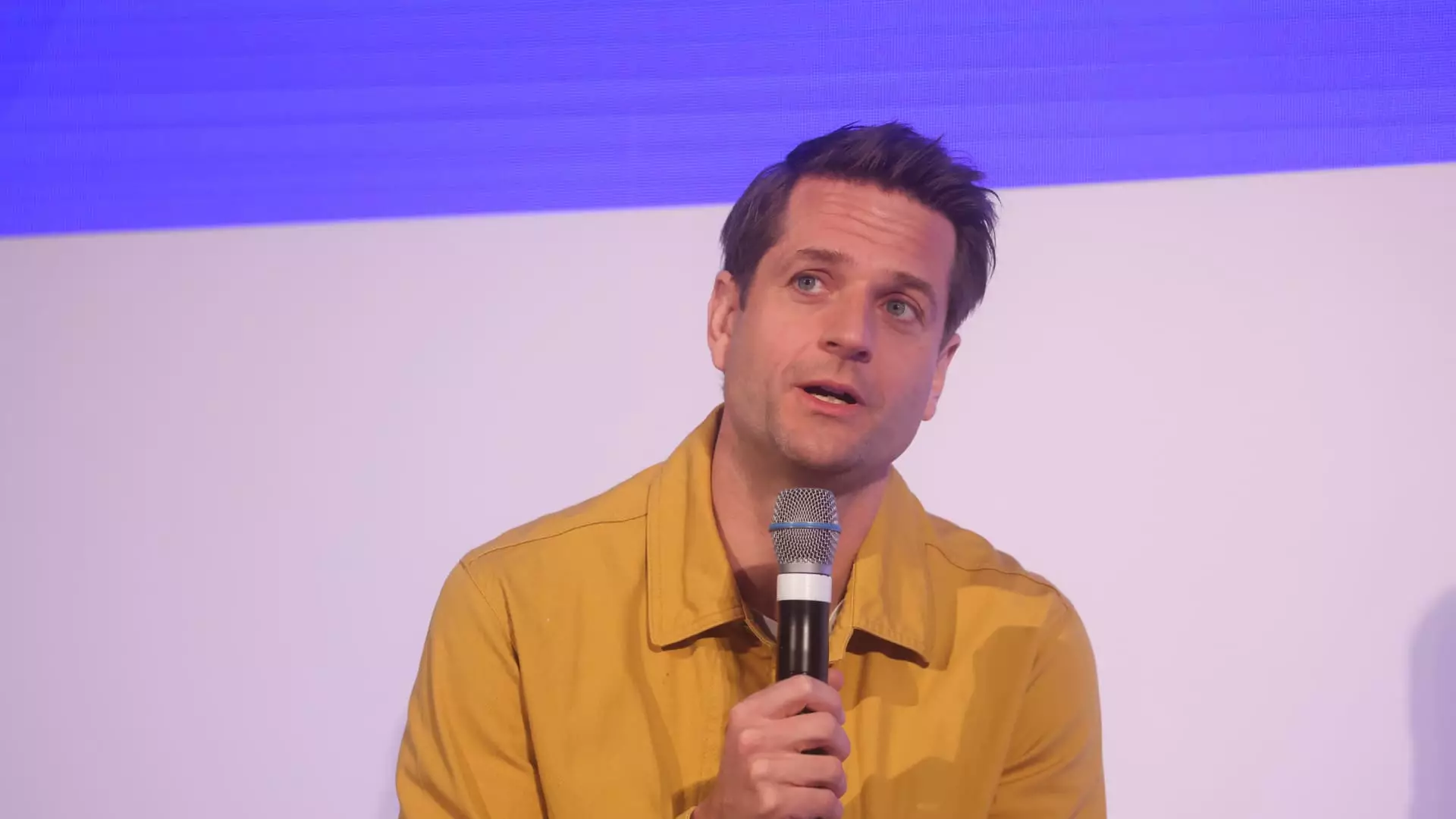In the ever-evolving landscape of the global technology sector, the impending initial public offering (IPO) of Swedish fintech giant Klarna sheds light not only on the challenges faced by one of Europe’s leading companies but also on the broader implications for the region’s tech ecosystem. As Klarna gears up for this significant milestone, CEO Sebastian Siemiatkowski has articulated a pressing concern: the potential brain drain of tech talent to U.S. giants like Google, Apple, and Meta. This risk has emerged as a crucial element of Klarna’s preparation for going public, revealing systemic issues within Europe’s employment practices, particularly surrounding stock options and equity compensation.
The appeal of U.S. technology behemoths is undeniable, primarily due to their lucrative compensation packages that often include generous stock options. While Klarna has established a reputable brand through its “buy now, pay later” services, Siemiatkowski indicates that the European regulatory environment presents significant hurdles that make it difficult for the company to compete on equal footing. According to a study commissioned by Klarna from the consulting firm Compensia, Klarna’s equity offerings as a share of revenue are significantly less, at about one-fifth compared to competitors in the public realm, who provide upwards of six times more equity.
The regulations governing employee stock options in Europe, particularly in countries like the U.K. and Sweden, add complexity to these compensation structures. Here, mandatory social security contributions on stock awards are uncapped, meaning that as a company’s stock price rises, the costs associated with employee remuneration dramatically increase. This unpredictable cost burden complicates financial planning for businesses that are already navigating the challenges of rapid growth, particularly for a company like Klarna on the precipice of an IPO.
The detrimental impact of these regulations is palpable. Potential talent—often comprised of the most innovative thinkers—finds itself at a crossroads. U.S. firms not only offer tailored compensation packages but also alleviate the logistical challenges associated with international employment, such as immigration issues. Siemiatkowski noted that companies like Google have streamlined processes that appeal to European talent, making the prospect of relocating to the U.S. more enticing.
European startups, meanwhile, face a narrative that devalues the contributions of tech workers, particularly in the financial services sector. Siemiatkowski argues that there is a prevailing sentiment that discourages offering competitive compensation, which inevitably hampers the sector’s competitiveness in a global context. For Klarna, the challenge grows more pressing as the company’s visibility increases in the U.S. market, attracting unsolicited attention from potential employers.
The broader implications are significant. A study by venture capital firm Index Ventures illustrates that late-stage startups in Europe typically afford their employees around 10% ownership, whereas their U.S. counterparts offer nearly double that figure. As Europe’s tech companies grapple with issues related to employee incentives and ownership, the continent risks falling behind in the war for talent. Siemiatkowski’s concerns highlight not just the challenges faced by Klarna, but a systemic issue that many European tech companies will need to confront if they hope to thrive.
Furthermore, the stark contrasts in employee engagement and retention between the U.S. and Europe underscore an urgent need for reform in how tech companies approach equity compensation. This includes a reassessment of social security contributions linked to stock options, which in turn could lead to a more favorable environment for European businesses to attract and retain top talent. Enhanced policies may help mitigate the risk of losing skilled professionals to U.S. competitors that are more agile in their hiring practices.
As Klarna inches closer to its IPO, which the CEO believes is feasible by 2024, the firm must navigate these external challenges while maintaining its innovative edge. With plans to select Goldman Sachs as the lead underwriter for their public offering, all eyes will be on how Klarna positions itself in a market that has seen few successful fintech debuts in recent years.
Siemiatkowski’s candid acknowledgment of the challenges facing Klarna highlights a crucial inflection point for Europe’s tech industry. Beyond the IPO itself, how Klarna addresses these broader systemic issues surrounding talent retention will play a pivotal role in its long-term success post-IPO and could serve as a barometer for the health of the European tech ecosystem at large.
As the stakes grow higher, Klarna’s experience could become emblematic of the broader challenges that confront emerging tech firms in Europe. It serves as a reminder that sustainable growth requires not just innovation but also a supportive regulatory environment that values and retains the talent essential for future advancements.

